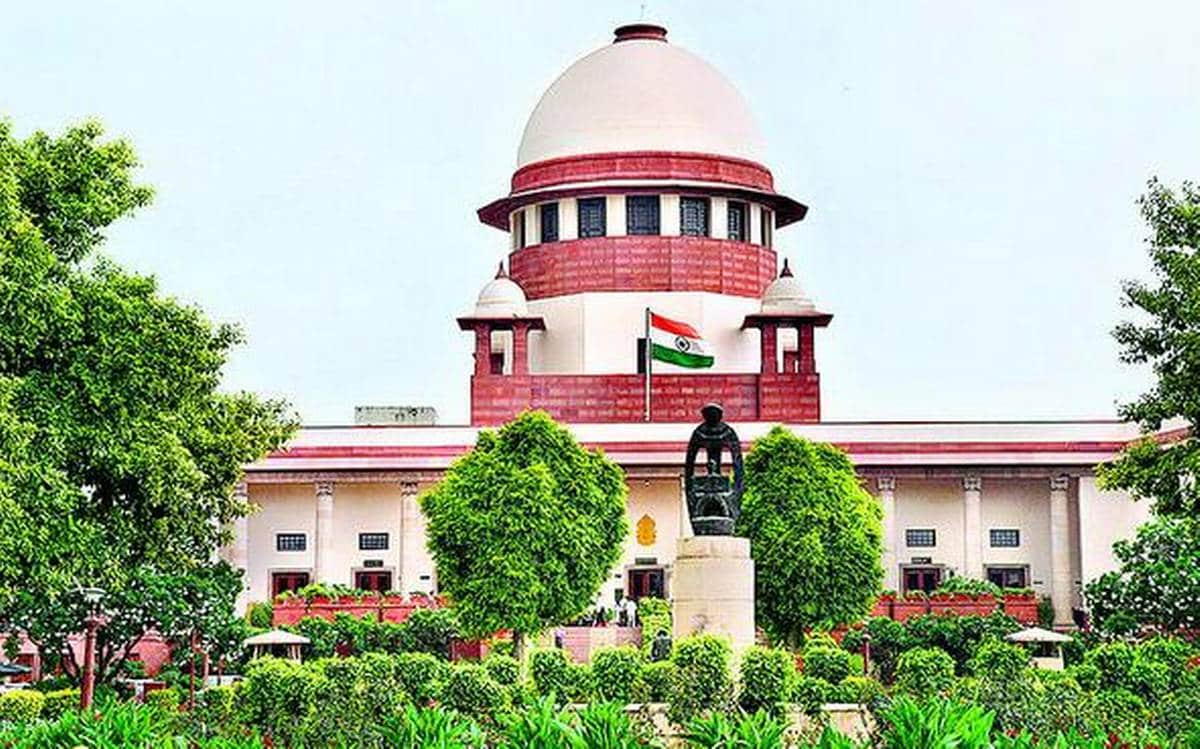The patient was in a critical condition and he could not survive even after surgery, keeping that in mind the blame cannot be passed on to the Hospital and the Doctor who had provided all possible treatment within their means and capacity to diagnose the patient of this illness. The family may not have coped with the loss of their loved one, but the Hospital and the Doctor cannot be blamed as they had provided the requisite care at all given times. This was observed by Hon’ble Hemant Gupta, J in the matter of Bombay Hospital and Research Medical Centre vs. Asha Jaiswal & Ors. – [Civil Appeal No. 1658 of 2010].
The present appeals are directed against an order passed by the NCDRC against the appellants directing to pay a sum of Rs. 14,18,491/- along with interest @ 9% p.a. from the date of filing of the complaint till the date of payment. The complaint was filed before the Commission by the legal heirs of the deceased, alleging medical negligence on the part of the Hospital and the Doctor in treating the patient. The grievance of the complainant against the appellants was that the doctor had not examined the patient properly after surgery. Further, the patient was made to stand in queue for the DSA test on account of the DSA machine being out of order. It was alleged that the Hospital had delayed treatment by 12 hours due to unavailability of operation theatres and that the doctor had not attended the patient properly and left him in the care of inexperienced doctors.
The Learned Commission had commented adversely against the Doctor that he had not seen or attended the patient for several days and had not even indicated the name of any super specialist in his field to look after the patient in his absence. The Commission mentioned that the Doctor had observed at the first instance within a couple of days of admission at the Hospital that there was an impending gangrene and that the other doctors did not take a timely decision for amputation of legs. The Commission relied upon judgment in Whitehouse vs. Jordan & Anr. to apply the principle of res ipsa loquitor.
Learned counsel for the appellants herein have argued that the Doctor cannot be held negligent in providing medical care as there are both legal and factual errors in the findings recorded by the Commission. The patient was in critical condition when the Doctor was consulted and surgery was thereafter performed within two days. The non-working of the DSA machine and consequent delay in performing the test cannot be said to be negligence on the part of the Doctor or the Hospital, since any machine can become non-functional because of innumerable factors beyond the human control. Non-availability of emergency operation theatres is not a valid ground to hold the Hospital negligent in any manner. It is a case where the patient was in serious condition of impending gangrene even before admission to the Hospital but even after surgery and re-exploration, if the patient did not survive, the fault cannot be fastened on the doctors as a case of medical negligence. It is too much to expect from a doctor to remain on the bed side of the patient throughout his stay in the hospital which was being expected by the complainant here. A doctor is only expected to provide reasonable care which is not proved to be lacking in any manner in the present case.
Supreme court after perusing the facts and arguments presented, held that – “As discussed above, the sole basis of finding the appellants negligent was res ipsa loquitor which would not be applicable herein keeping in view the treatment record produced by the Hospital. The patient was in a critical condition and if he could not survive even after surgery, the blame cannot be passed on to the Doctors who provided all possible treatment within their means and capacity. If operation theatres were occupied at the time when the operation of the patient was contemplated, it cannot be said that there is a negligence on the part of the Hospital. A team of specialist doctors was available and also have attended to the patient but unfortunately nature had the last word and the patient breathed his last. No doctor can assure life to his patient but can only attempt to treat his patient to the best of his ability which was being done in the present case. Therefore, we find that the findings recorded by the Commission holding the Hospital and the Doctor guilty of medical negligence are not sustainable in law. Consequently, the present appeals are allowed.” By virtue of an interim order passed by this Court, a sum of Rs. 5 lakhs was disbursed to the complainant. The said amount was ordered to be treated as ex gratia payment to the complainant and was not to be recovered back by either the Hospital or the Doctor.
Click here to read the Judgement
Judgement reviewed by Mehvish Alam


